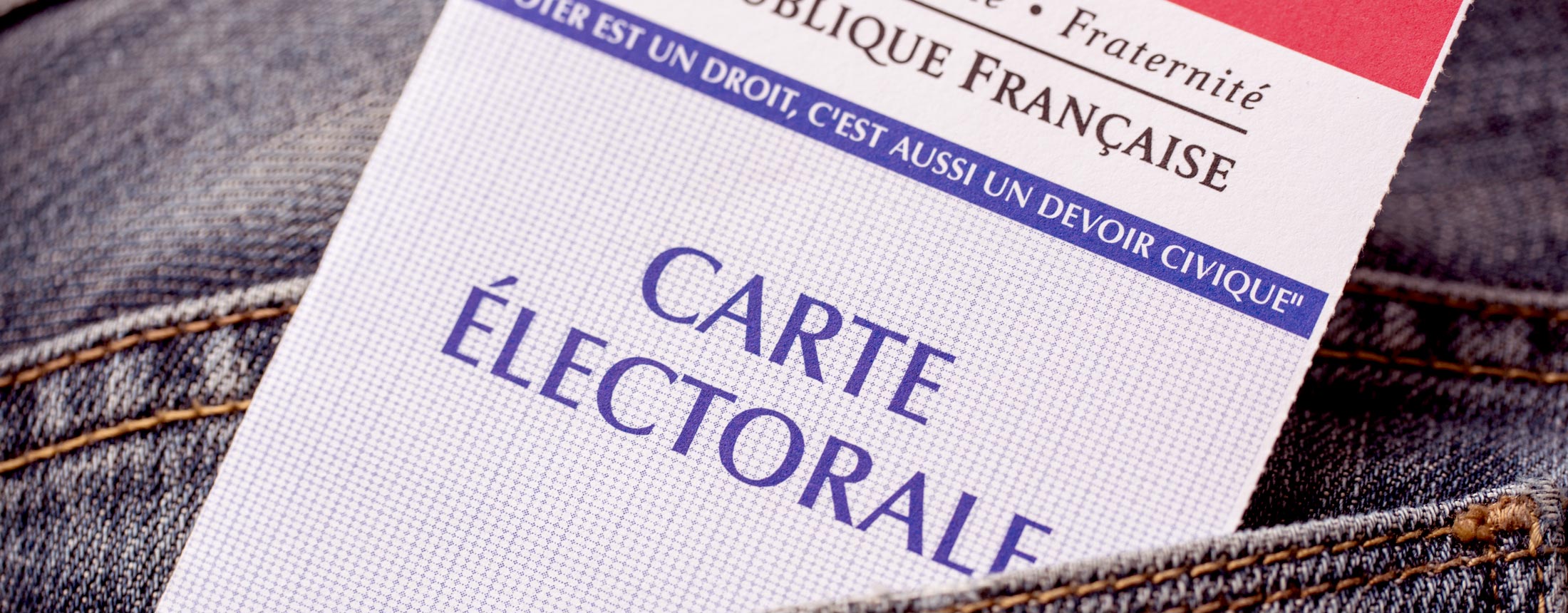A victory by Marine Le Pen in the French Presidential election will present an existential threat to the euro, says MUFG's Derek Halpenny.
Speaking to reporters in London, Mr Halpenny, European Head of Global Markets at MUFG, warned that markets are significantly under-pricing risk in the lead up to the first round of voting.
“A shock victory for Marine Le Pen would have a catastrophic effect on the future of Europe, and will be the beginning of the end of the euro", he said.
Markets could swing by as much as 50 basis points if either Le Pen or Melenchon poll above 40% in the first round, according to the financial group.
In a research note issued by MUFG, the bank highlights the impact of a 'worst-case scenario' of a run-off between the two candidates triggering a sizeable downside move. Mr Halpenny predicts that EUR/USD could reach a new low – below the current intra-day low of 1.0341 set in January.
MUFG expects investors to flock to the Yen following either a Le Pen or Melenchon victory and predicts EUR/JPY could fall as low as 1.05.
Mr Halpenny noted the critical impact the election outcome could have across Europe.
“The market is missing the bigger picture. There are grave, grave problems for Europe in the next few years. If Le Pen is sitting at the heart of Europe, or indeed the National Front gains more influence in the Parliamentary elections in June, attempts to fix these problems are going to be blocked at every turn."
Increase in French funding activity
Speaking at the same event, Sarwat Faruqui, Head of EMEA Syndicate and Co-Head of International Syndicate at MUFG, discussed the impact a shock election outcome would have on the European Central Bank's quantitative easing programme.
“If we see a Le Pen or Melenchon victory, it's more likely that the ECB's QE programme will remain in place a lot longer than currently scheduled. The ECB will be firefighting in the immediate aftermath of the result and it's quite possible we'll see an acceleration in their rate of market activity."
Ms Faruqui also highlighted an increase in deal activity by French corporates, potentially signalling a desire to de-risk ahead of the election. 2017 has so far seen 26 deals, with deal value totalling over $20 billion compared to just 10 deals totalling $8 billion in (an admittedly lower than usual) 2016.
“Based on my analysis of corporate bond demand dynamics this year it is clear that international investors are not stepping away from France, but in some instances they may ask for an additional basis point or two of new issue concession".
Japanese investor demand
Mr Halpenny noted that Japanese investors still have significant exposure to French debt, despite a recent flurry in selling earlier this year.
“We would expect to see notable liquidation by Japanese investors however, if election risk is realised vis-a-vis a Le Pen or Melenchon victory."


